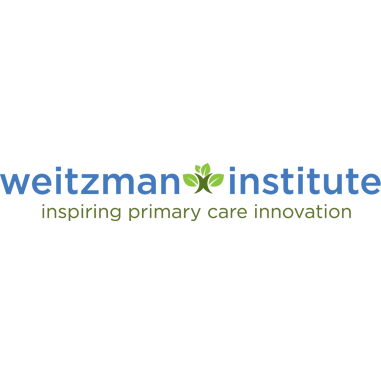By: Angela Taylor, MPH; Brandon Azevedo, MPH; Tonantzin Juarez, MS
The Federal Bureau of Investigation (FBI) defines a mass shooting as an event in which four or more individuals are murdered within one event and in one or more locations that are in close proximity to each other. According to the Rockefeller Institute of Government, since 1966 there have been 402 mass shootings in the U.S. that have resulted in almost 3,600 victims both injured and killed and over 1,400 deaths. Mass shootings have also increased in frequency from 12 mass shootings occurring between 1966 and 1975 to 160 mass shootings between 2011 and 2020, with the majority occurring at workplaces and schools. Further, in 2023 (at the time of this writing), there have been more mass shootings (172) than days.
Mass shootings can affect the mental health of family members, survivors, partners, and the greater community. There is a need for free access to community mental health resources for all community members immediately after a mass shooting occurs as well as long-term, tailored mental health support for families of victims. These services can mitigate adverse mental health issues, such as post-traumatic stress disorder and depression among others experienced after a mass shooting.
How Mass Shootings Affect Mental Health
Mass shootings negatively affect the health and well-being of those exposed, both directly and indirectly. Those who have witnessed a mass shooting experience post-traumatic stress, suicide, depression, substance abuse, and anxiety. For youth, this can result in an increased use of antidepressants in order to treat the diagnosis mentioned. For those indirectly impacted, community members feel less safe in their community and are more fearful. Studies show that communities impacted by a mass shooting have reduced community wellbeing and emotional health following the incident. Lastly, research also shows the impact mass shootings can have on pregnancy, as those exposed to mass shootings during pregnancy have an increased likelihood of premature births and very low birth weight.
Availability of Free Mental Health Resources After A Mass Shooting
The availability of free mental health resources to communities that experienced a mass shooting is crucial to help mitigate the long lasting impact of mass shootings. It is a priority that survivors and families have immediate access to counseling and support with these resources also available to those not directly impacted as well. The communities where a mass shooting occurred are also left reeling and having to process what has happened. Local resources are the first to be mobilized after a mass shooting. Most recently after the shootings at Michigan State University and Kentucky, the university and the municipality of Louisville provided students and families of those directly impacted, along with the surrounding communities, with a list of resources, both on site and virtual to help cope with what happened.
Several organizations recognize the need to provide open resources in general that do not exclude communities not directly impacted. There is a mental health toll the frequency of mass shootings we are currently experiencing is having on students, parents, and individuals in general. Fortunately, the wealth of resources available at a national level is growing. For parents and children, the National Child Traumatic Stress Network provides resources for helping youth after a community trauma. The National Parent Helpline is also a good starting point for parents in need of guidance. Everytown not only provides a list of resources for victims and survivors but guidance for parents and adults on how to support children and teens who are affected by gun violence. The American Counseling Association provides numerous resources to help familiarize counselors with some of the skills needed for working with survivors.
Long-term Mental Health Support
The mental health impacts after a mass shooting are not just short-term. Two years after the Sandy Hook shooting in Newtown, CT, families of victims and members of the community were experiencing anxiety, depression, sleeplessness, substance use, guilt, and marital issues. Sandy Hook is an example of the need for long-term mental health support for communities that have experienced a mass shooting. Newtown, El Paso, and Aurora all have established resiliency centers or long-term mental health support to communities after mass shootings. Due to the increase in mass shootings, communities are expanding their disaster planning efforts; however, these resources are focused on immediate and short-term needs of the community, staff training, and safety.
An evaluation of community services after the Sandy Hook shooting revealed the need to tailor support services for families and streamline the service system. In the evaluation, families expressed that an ideal service system includes additional mental health services, expert trauma services, points of contacts for each family, services offered to victim’s families instead of having to seek them out, individualized services for each family, services differentiated based on exposure, funding transparency, and input from families on how funds are allocated among others. With mass shootings becoming more frequent and knowing their traumatic impact on families and communities, communities can implement the feedback families, providers, and community-based organizations gave in the aforementioned evaluation and ensure that there is sustainable funding to provide long-term mental health support to families and community members.
*If you are interested in partnering with us on the topic of community violence please contact:
April Joy Damian, PhD, MSc, CHPM, PMP
Vice President and Director
Weitzman Institute
Email: [email protected]

